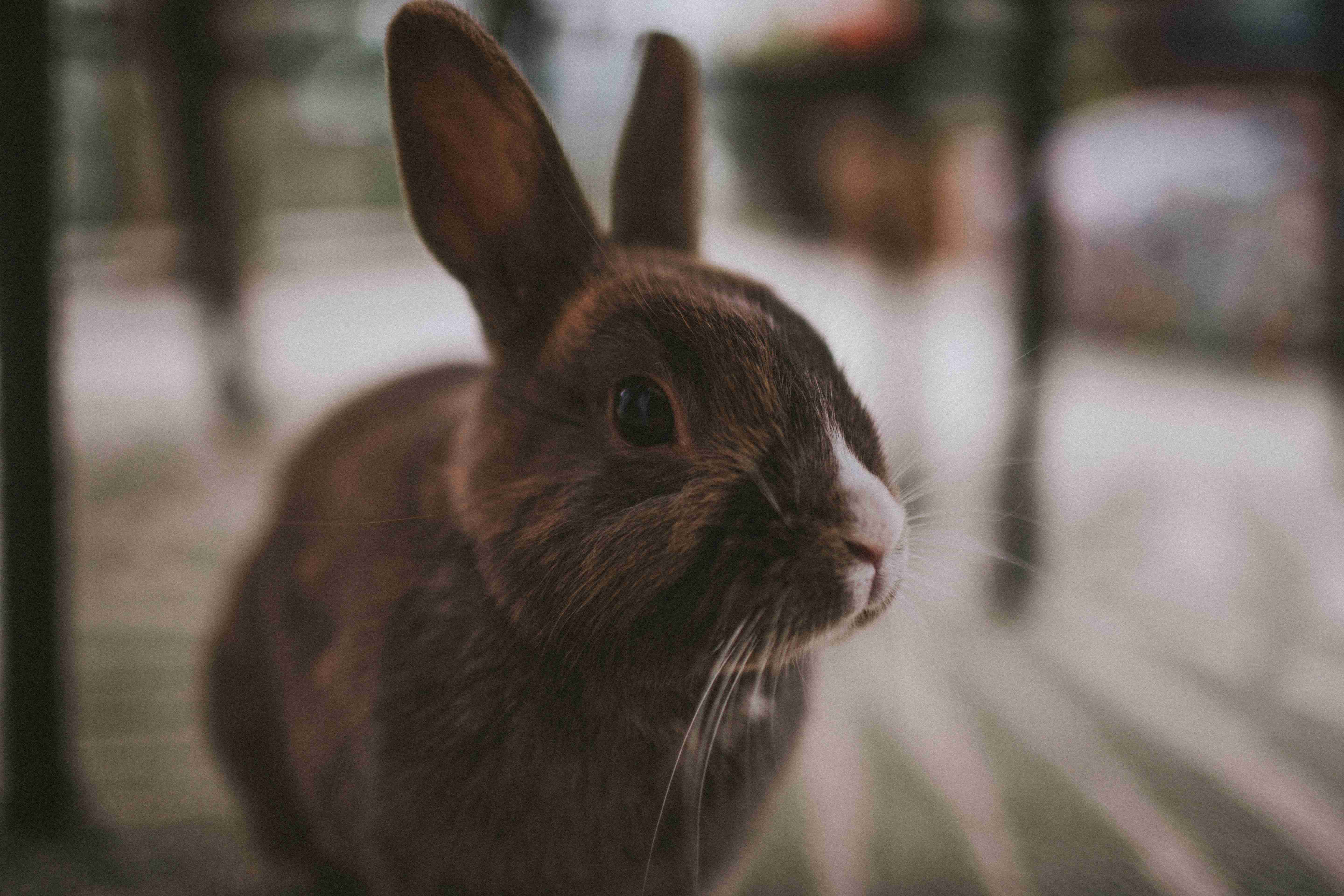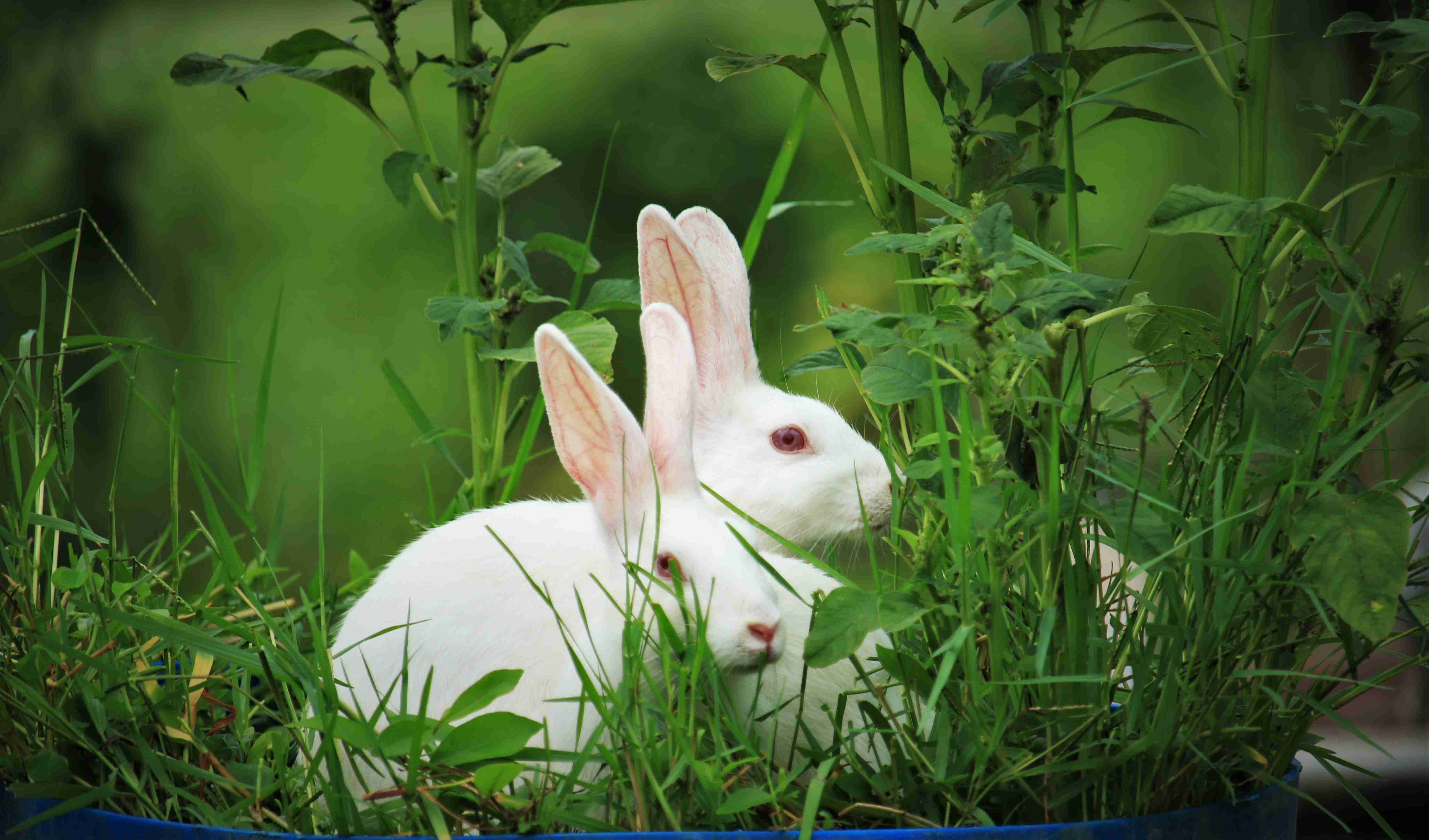Rabbits are adorable and gentle creatures that make great pets. However, many rabbit owners are not aware of the health risks that come with raising these furry friends. One of the most common health issues that pet rabbits face is gastrointestinal problems. These problems can be caused by a variety of factors, including poor diet, stress, and infection. In this blog post, we will explore the causes, symptoms, and treatment options for gastrointestinal problems in pet rabbits. By understanding these issues, you can help keep your furry friend healthy and happy. So, let’s jump right in!
As a pet owner, it is important to be aware of the various health conditions that can affect your furry friend. One of the most common health issues that pet rabbits can experience is gastrointestinal problems.
Gastrointestinal problems in rabbits are caused by a variety of factors, including diet, stress, and genetics. It is important to understand the causes of gastrointestinal problems in order to prevent them from occurring in the first place.
Diet is one of the most common causes of gastrointestinal problems in rabbits. A diet that is high in carbohydrates and low in fiber can cause issues such as diarrhea, bloating, and gas. It is important to ensure that your rabbit’s diet is rich in fiber, such as hay and leafy greens, to prevent these issues from occurring.
Stress is another common factor that can contribute to gastrointestinal problems in rabbits. Stressful situations, such as changes in environment or routine, can cause your rabbit to experience diarrhea or other digestive issues. It is important to keep your rabbit’s environment as stress-free as possible in order to prevent these issues from occurring.
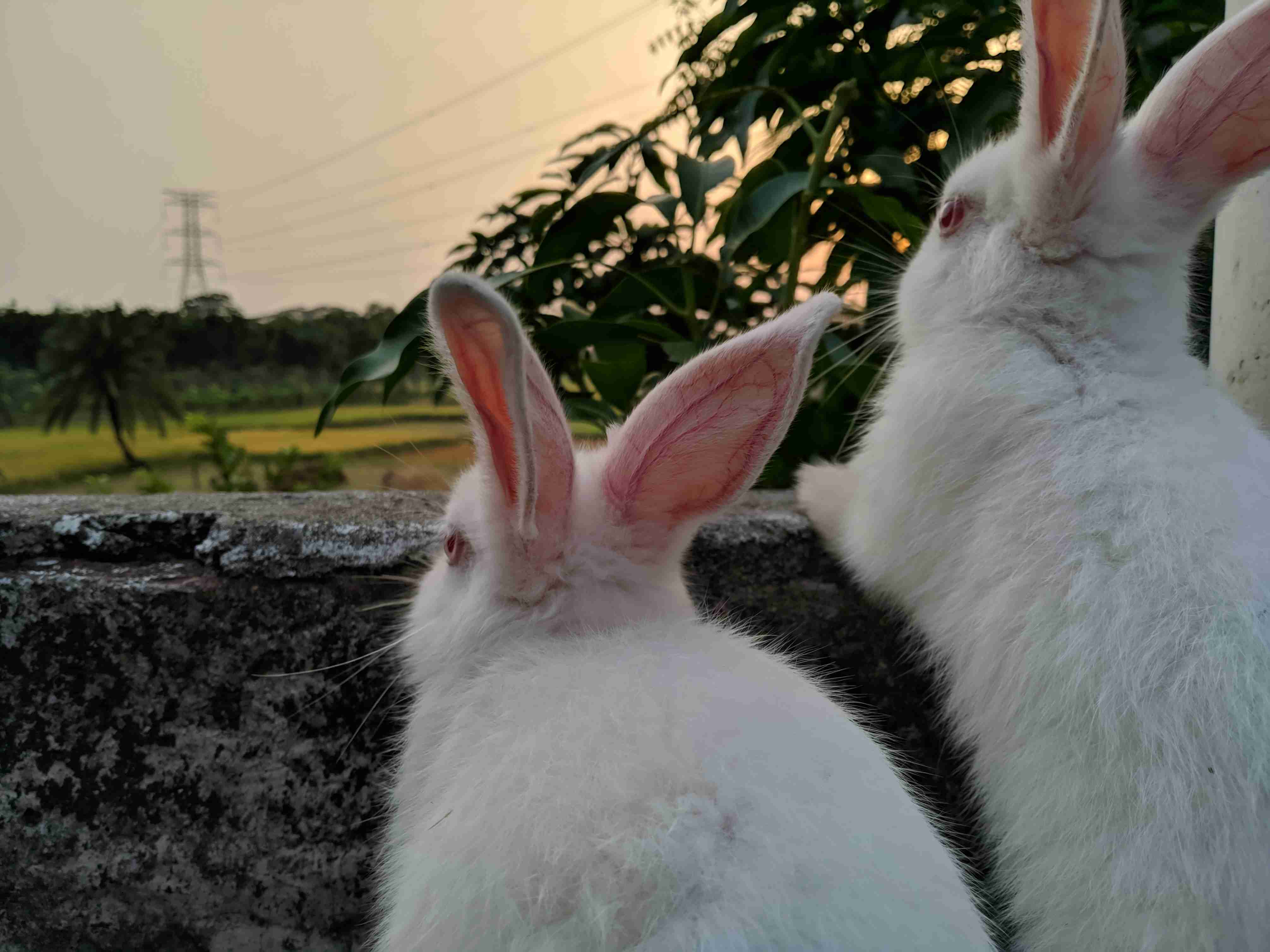
Genetics can also play a role in gastrointestinal problems in rabbits. Some rabbits are more prone to digestive issues than others, and it is important to be aware of your rabbit’s genetic background in order to take preventative measures.
Symptoms of gastrointestinal problems in rabbits can include diarrhea, bloating, gas, and decreased appetite. If your rabbit is exhibiting any of these symptoms, it is important to seek veterinary care as soon as possible. Your veterinarian can diagnose the issue and provide appropriate treatment, which may include dietary changes, medication, or other interventions.
Preventing gastrointestinal problems in rabbits is key to keeping your furry friend healthy and happy. By providing a diet that is rich in fiber, keeping your rabbit’s environment stress-free, and being aware of your rabbit’s genetic background, you can help prevent these issues from occurring.
Overall, gastrointestinal problems are a common issue for pet rabbits and can be caused by a variety of factors. By understanding the causes of these issues and taking preventative measures, you can help keep your rabbit healthy and happy. If your rabbit is exhibiting symptoms of gastrointestinal problems, it is important to seek veterinary care as soon as possible in order to provide appropriate treatment.
In conclusion, it’s important to recognize the signs and symptoms of gastrointestinal problems in pet rabbits. Any changes in their behavior, appetite, or bowel movements should not be ignored. As a responsible pet owner, it’s essential to provide your furry friend with a balanced diet, clean living environment, and regular check-ups with a veterinarian. With proper care and attention, you can help prevent gastrointestinal issues in your pet rabbit and ensure that they live a happy and healthy life. Remember, your furry friend depends on you for their well-being, so stay informed, stay proactive, and stay loving.
Please follow us on Social Media


.jpg)
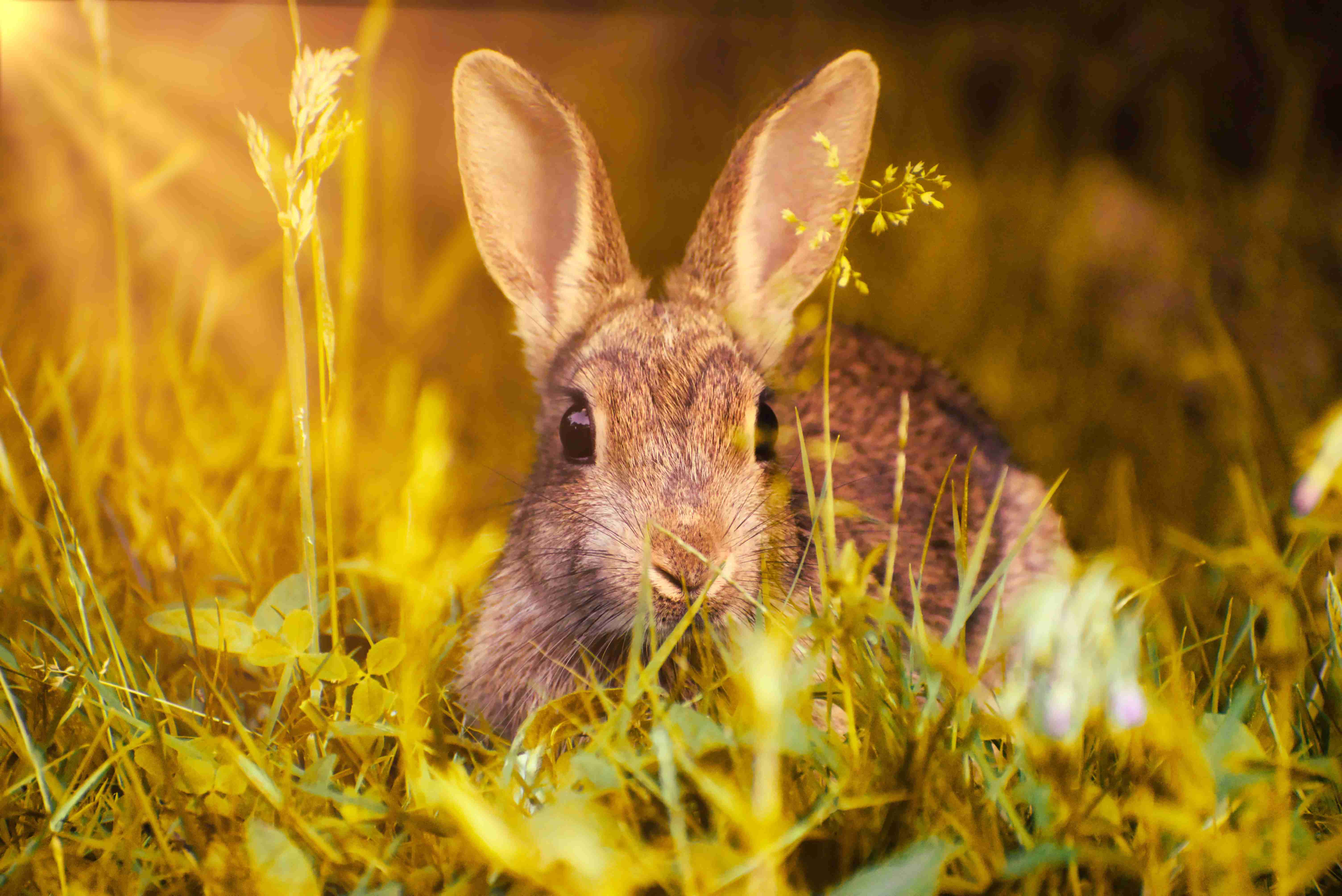
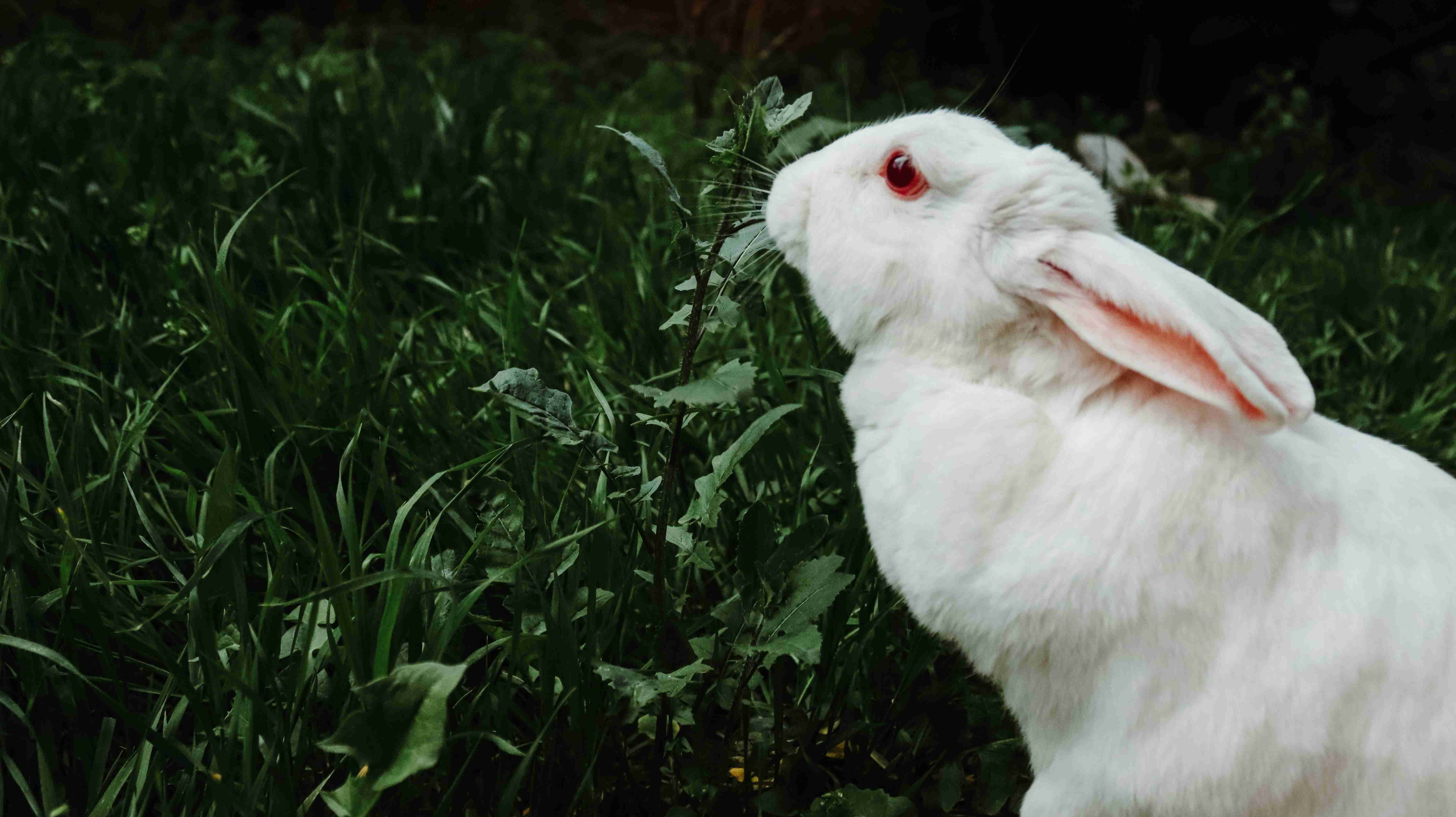
.jpg)
